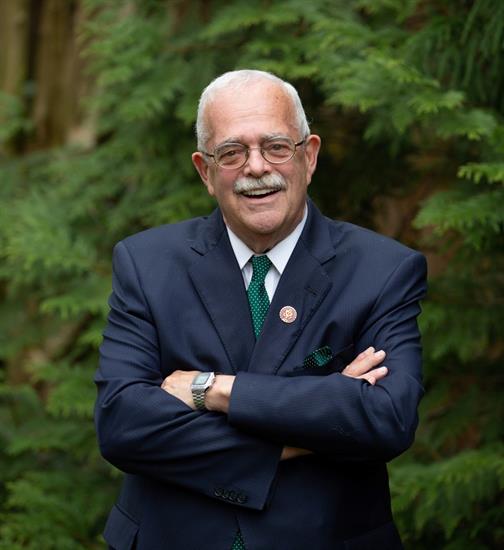The Person Who Gives The Freedom Will Always Have The Power To Take It Away
We have designated February as a month to celebrate “Black” history. Often social media, schools and news will feature highlights of Black inventions to honor our history.
Depending on your historical preference, an official celebration of Black History potentially started in Chicago during the summer of 1915. During that time, an alumnus of the University of Chicago with many friends in the city, Carter G. Woodson, traveled from Washington, D.C. to take part in a national celebration of the fiftieth anniversary of emancipation sponsored by the state of Illinois.
You may consider the precursor to Black History Month being created in 1926 in the United States, when historian Carter G. Woodson and the Association for the Study of Negro Life and History (ASNLH) announced the second week of February to be “Negro History Week”. This week was chosen because it coincided with the birthday of Abraham Lincoln on February 12 and that of Frederick Douglass on February 14, both of which Black communities had celebrated since the late 19th century.
Black educators and Black United Students at Kent State University first proposed Black History Month in February 1969. The first celebration of Black History Month took place at Kent State a year later, from January 2 to February 28, 1970.
Six years later, Black History Month was being celebrated all across the country in educational institutions, centers of Black culture, and community centers, both great and small, when President Gerald Ford recognized Black History Month in 1976, during the celebration of the United States Bicentennial.
No matter when you start the clock, Black History has been celebrated for decades.
But has this recognition of our history influenced our present? Has the awareness of invention and creation among the Black community brought about pride among Black people or respect from among non Blacks?
Let’s look at a portion of Black History to answer that question.
Freedom: The Cost
After the Emancipation Proclamation, two more years of war, service by African American troops, and the defeat of the Confederacy, the nation was still unprepared to deal with the question of full citizenship for its newly freed black population. The Reconstruction implemented by Congress, which lasted from 1866 to 1877, reorganized the Southern states after the Civil War, providing the means for readmitting them into the Union, and defining the means by which whites and blacks could live together in a non-slave society. The South, however, saw Reconstruction as a humiliating, even vengeful imposition and did not welcome it.
During the years after the war, former slaves of every age took advantage of the opportunity to become literate. Grandfathers and their grandchildren sat together in classrooms seeking to get the tools of freedom.
African Americans enjoyed a period when we could vote, actively take part in the political process, acquire the land of former owners, seek our own employment, and use public accommodations. Opponents of this progress, however, soon rallied against the former slaves’ freedom and found ways of eroding the gains for which many had shed their blood.
The Reality
The vast majority of rural freed people remained poor and without property during Reconstruction. They had no alternative but to work on white-owned plantations, often for their former owners. Far from being able to rise in the social scale through hard work, they confined black men to farm work, unskilled labor, and service jobs, and black women to positions in private homes as cooks and maids. The failure of land reform produced a deep sense of betrayal that survived among the former slaves and their descendants long after Reconstruction.
Imagine the disappointment, the shame, the sense of hopelessness that Black Americans felt when every promise of freedom ultimately ended in a twisted version of freedom that would always first benefit the white American man. The problem with the so-called freedom is that, how free can you be when someone else is granting it for you? The person who gives the freedom will always have the power to take it away.
A True Celebration
Honoring Black history starts with recognizing our power. Often, the inventions and creations of Blacks of old benefitted the very society that kept Blacks enslaved. Instead of celebration, a culture of fear, self-hate and complacency controlled Black minds and we see this even to this day.
Where are our dollars spent? What is the messaging we portray in music, books, and media crafted by us?
Do we uplift and empower, or do we spew and perpetuate self-hate through lyrics that degrade women? Is the Black family honored, or do we celebrate the narrative of the Black man disconnected from family, with the sole purpose of procreating which was the narrative that they forced our Black men to adopt during slavery?
Do we take care of our bodies, eating healthy foods, receiving medical attention when needed and getting educated on how food affects our health, or do we still operate in the mentality that we somehow don’t deserve to eat healthy options and that we must settle for less quality?
This Black History Month, each Black person should think about the future of Black Americans. They say history repeats itself. Right now, the choices we make will determine which Black History we celebrate 10, 20 and 50 years from now.



